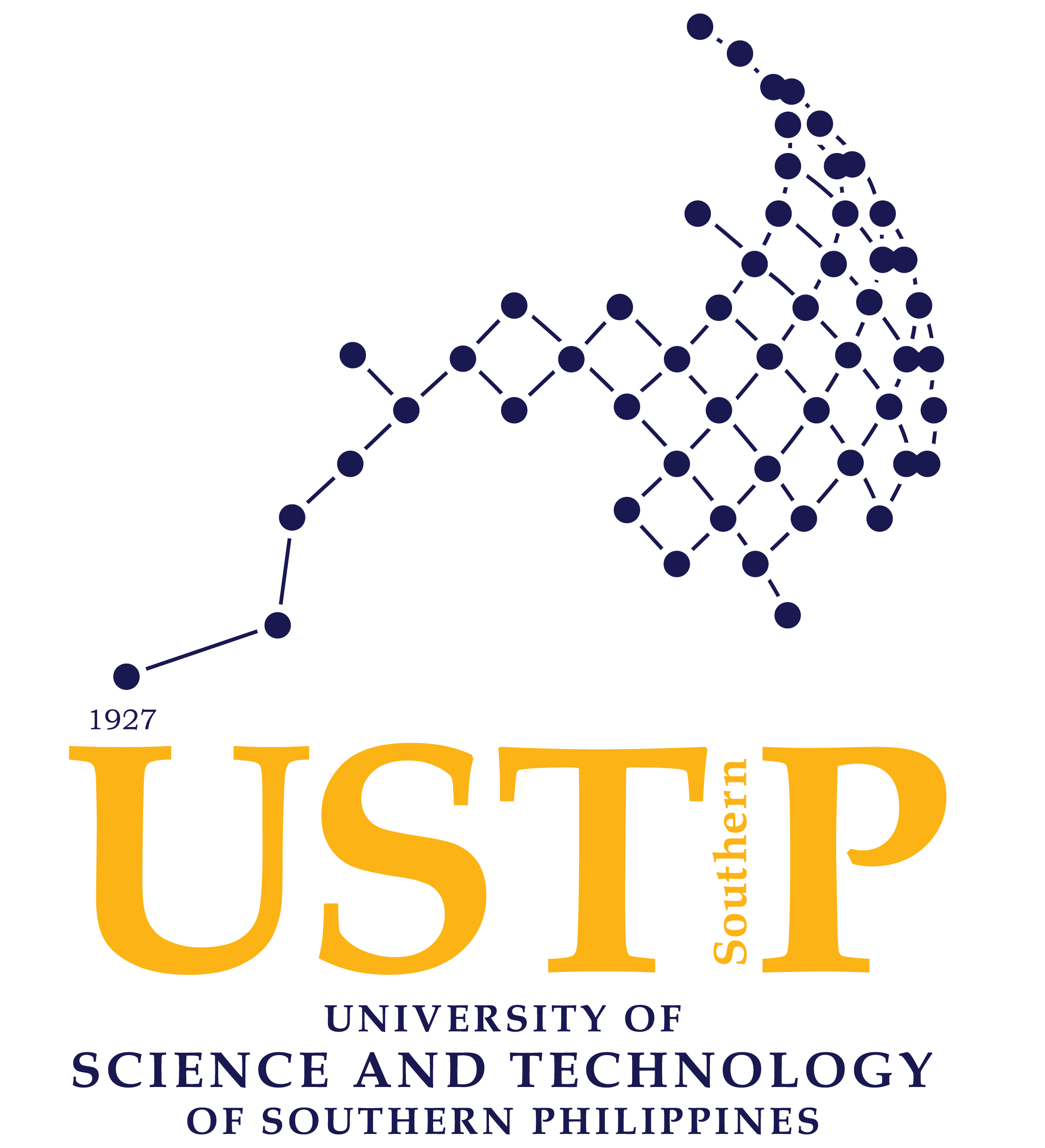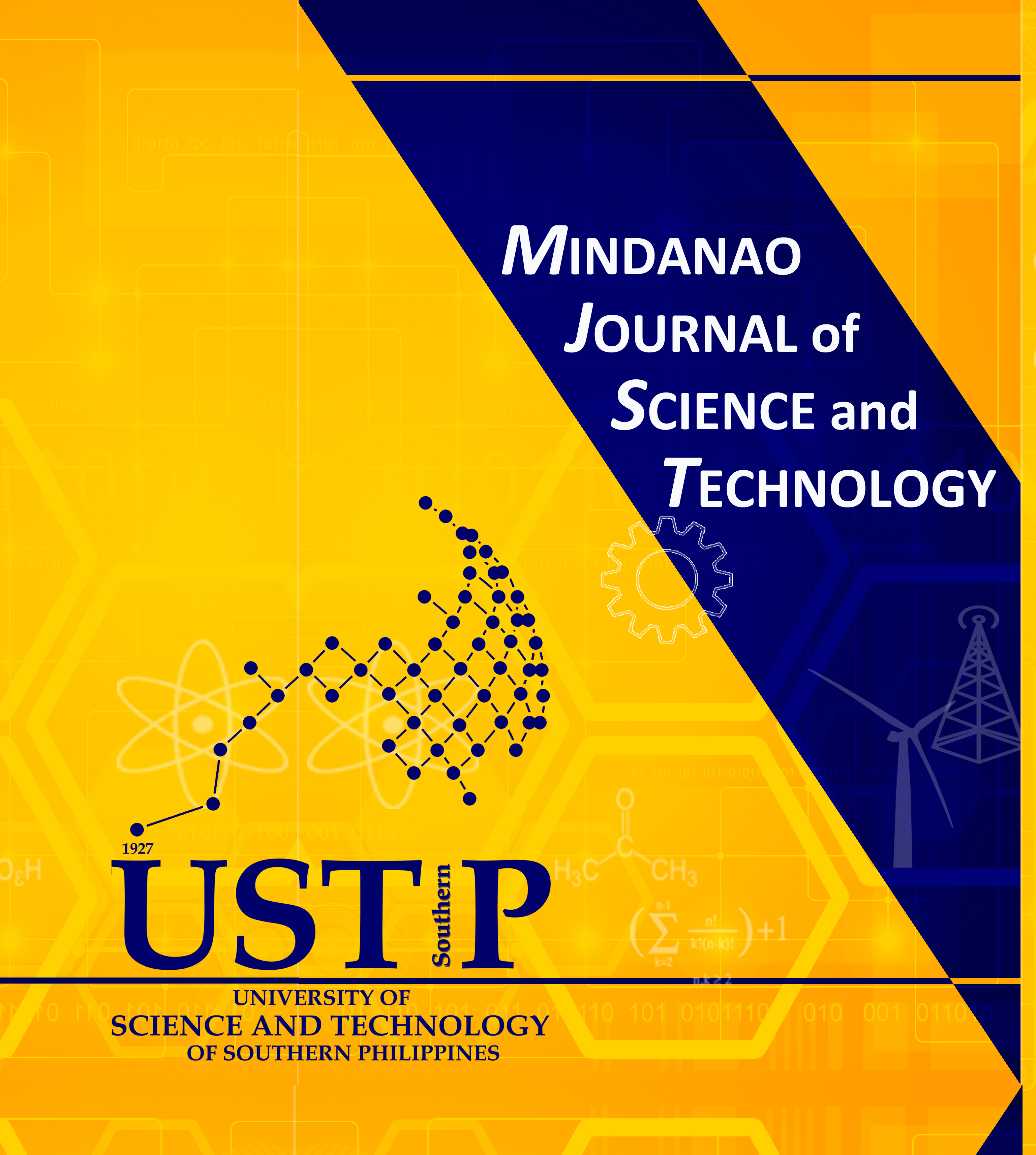Water Quality Effects of Backyard Pig Farms on Doline Ponds of Tabok Peninsula, Isabel, Leyte, Philippines
DOI:
https://doi.org/10.61310/mjst.v23i1.2401Keywords:
backyard pig farms, doline ponds, physicochemical properties, pig slurry, water qualityAbstract
Backyard pig farms on the Tabok Peninsula, Northwestern Leyte, Philippines, pose risks to the sustainability of the region's doline ponds, which are essential for aquifer recharge. These ponds receive pig slurry from the said farms, yet the impact of this wastes on pond water quality is poorly understood due to a lack of monitoring. This study investigates the physicochemical properties of doline pond waters in the villages of Antipolo and Cantuhaon to establish baseline water quality and assess pig slurry's impact. A two-group experimental design was used with five replications for the unslurried (USG) control and slurried (SG) treatment groups. Composite and grab samples from each pond were analyzed for nine physicochemical parameters. Bootstrap hypothesis testing showed no significant differences in temperature, pH, COD, and NO₃-N between the groups. Turbidity was marginally significant, and total P was below the reporting limit. However, EC, TDS, and alkalinity were significantly higher in SG ponds, likely due to inorganic salts and lime-like substances that waste decomposition releases. The contradiction between this evidence of decomposition and the COD and NO₃-N results is attributed to the significantly higher macrophyte density in SG ponds, likely removing excess nutrients and organic material through phytoassimilation. Overall, the findings indicate that current backyard pig farming practices in the area have not yet negatively impacted pond water quality. However, indirect evidence of increased nutrient release and utilization in SG ponds supports prioritizing the peninsula's doline ponds in the LDWQS Programs of Isabel and Palompon, especially if backyard farming activity increases.










